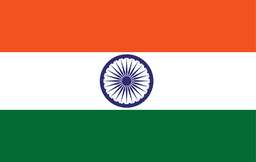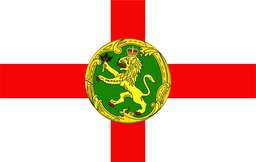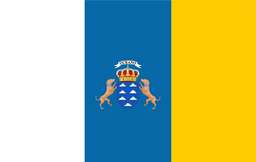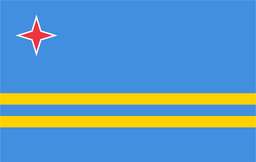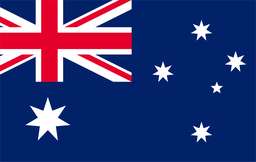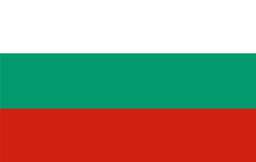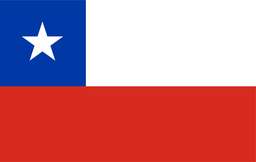Abkhazia is a region on the eastern coast of the Black Sea, in the Caucasus region, where Europe and Asia meet. Its history is long and complex, shaped by ancient civilizations, powerful empires, cultural exchange, and modern political struggles. Over thousands of years, Abkhazia developed a unique identity influenced by its geography, culture, and people.
Today, Abkhazia is often discussed in relation to Georgia, but its historical journey is much older and deeper. Understanding the history of Abkhazia helps explain its traditions, culture, and present-day situation.
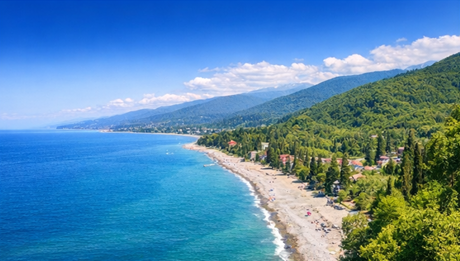
Geography and Historical Importance
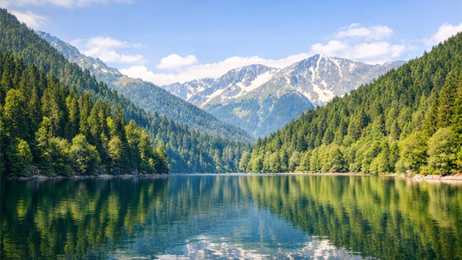
Abkhazia lies between the Caucasus Mountains and the Black Sea. This location gave it fertile land, a mild climate, and natural protection. Because of this, Abkhazia became a crossroads for trade, attracted many settlers and empires, and remained important for centuries.
The mountains protected inland areas, while the coastline connected the region with the outside world, including areas that are now part of Turkey and southern Europe. Geography shaped not only borders, but also the daily life of the people.
Ancient Abkhazia and Early Settlement
Human settlement in Abkhazia goes back thousands of years. Archaeological evidence shows that early people lived through farming, fishing, and animal husbandry. Over time, they formed early communities and social traditions.
Many historians connect ancient Abkhazia with the region of Colchis, which is also mentioned in Greek history and mythology. Even in ancient times, people here lived close to nature, land, and family.
Abkhazia in the Ancient World
In ancient times, Abkhazia had contact with Greek civilization. Greek traders and settlers built colonies along the Black Sea coast. These contacts increased trade, brought new ideas, and connected the region to the Mediterranean world.
Despite foreign influence, local traditions remained strong. Trade brought change, but local identity stayed alive.
Roman and Byzantine Influence
Later, Abkhazia came under Roman and then Byzantine influence. During this period, Christianity spread and became an important part of local life. Churches were built, and the region became part of wider Christian networks in the Caucasus.
Religion and culture became strong links between different peoples of the region.
Medieval Abkhazia and the Abkhazian Kingdom
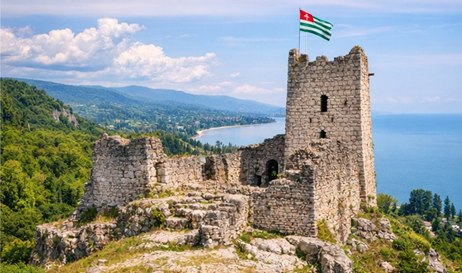
In the Middle Ages, the Kingdom of Abkhazia became an important regional power. It controlled large areas, supported Christianity, and promoted local culture and language.
The kingdom played a major role in Caucasian history and later influenced the formation of larger Georgian political entities. In this period, identity was protected through language, belief, and tradition.
Union and Regional Power Struggles
Over time, Abkhazia became involved in political unions and shifting alliances with neighboring territories. These relationships brought both cooperation and conflict. Different dynasties and regional powers competed for control.
Despite these struggles, local traditions and social structures continued to survive. Abkhazia’s history shows strong resilience and the ability to adapt.
Ottoman Influence
From the 16th century, the Ottoman Empire influenced Abkhazia. This period brought major changes in trade and religion. Islam spread alongside Christianity, trade connections increased, and local leadership structures changed.
The region became culturally and religiously diverse. Even when rulers changed, families kept their traditions and daily life continued.
Russian Expansion and Control
In the 19th century, the Russian Empire expanded into the Caucasus, and Abkhazia gradually came under Russian control. Administration changed, Ottoman influence decreased, and the region became part of the Russian imperial system.
This period also caused population movements, as many people were forced to leave their homes and move to other regions.
Abkhazia within the Russian Empire
Under Russian rule, Abkhazia lost much of its autonomy. Traditional leadership structures weakened, and new administrative systems were imposed.
At the same time, roads and settlements developed, and Russian cultural influence increased. However, tension between local identity and outside control remained strong.
Abkhazia in the Soviet Era
After the Russian Revolution, Abkhazia became part of the Soviet Union. Its political status changed several times. At first, it had a special status, but later it became an autonomous region within Georgia.
Industry, education, and infrastructure developed, but many ethnic and political problems were suppressed rather than truly solved.
Collapse of the Soviet Union and Rising Tensions
When the Soviet Union collapsed in 1991, political uncertainty spread across the region. Abkhazia’s relationship with Georgia became increasingly tense.
Major issues included political autonomy, cultural recognition, and control over territory. These unresolved problems eventually led to conflict.
War in Abkhazia (1992–1993)
The war between Abkhaz forces and Georgian government troops became one of the most important events in modern Abkhazian history. The conflict caused heavy casualties, large displacement of people, and deep political division.
After the war, Abkhazia established de facto self-rule, although its status remains disputed internationally. For many families, this period is not just history, but living memory.
Post-War Period and Political Reality
Following the war, Abkhazia focused on rebuilding its institutions and maintaining control over its territory. The region developed its own government, laws, and political system.
Abkhazia formed close ties with Russia, which provided economic and military support. Only a few countries recognize Abkhazia as independent, while most of the international community still considers it part of Georgia.
Society, Culture, and Identity
Abkhazian culture reflects centuries of interaction between different civilizations. Traditional music, dance, and oral storytelling remain important.
Cultural values often emphasize hospitality, respect for elders, and strong family bonds. The Abkhaz language remains a key symbol of identity and cultural survival.
Modern Abkhazia
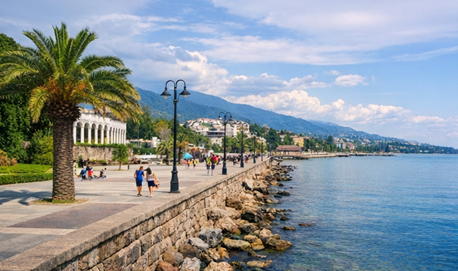
Today, Abkhazia faces economic and political challenges, including limited international recognition and restricted trade. Tourism and agriculture play important roles in the local economy.
Despite difficulties, many people focus on preserving their culture and living normal, stable lives.
Key Historical Timeline of Abkhazia
- Ancient era: Early settlements and Colchis
- Roman period: Christian influence spreads
- Medieval era: Kingdom of Abkhazia
- 16th century: Ottoman influence
- 19th century: Russian control
- 1921: Soviet rule begins
- 1992–1993: War in Abkhazia
- Post-1993: De facto self-rule
Behind every date in this timeline are real people and real stories.
Frequently Asked Questions (FAQ)
Is Abkhazia an independent country?
Abkhazia functions as a self-governing region, but most countries do not officially recognize it as independent.
Where is Abkhazia located?
It is located on the eastern coast of the Black Sea in the Caucasus region.
Why is Abkhazia historically important?
Because it connects ancient civilizations, empires, and modern political history in the Caucasus region.
Sources and Historical Accuracy
This article is written for educational and informational purposes only. It is based on widely accepted historical research, archaeological studies, and academic sources related to the Caucasus region. The content is original, neutral and objective tone.
Conclusion
The history of Abkhazia is a story of survival, change, and identity. From ancient settlements and medieval kingdoms to empires, Soviet rule, and modern conflicts, Abkhazia has remained a culturally distinct region shaped by its geography and its people. Understanding this past helps explain its present situation and its continuing challenges.



